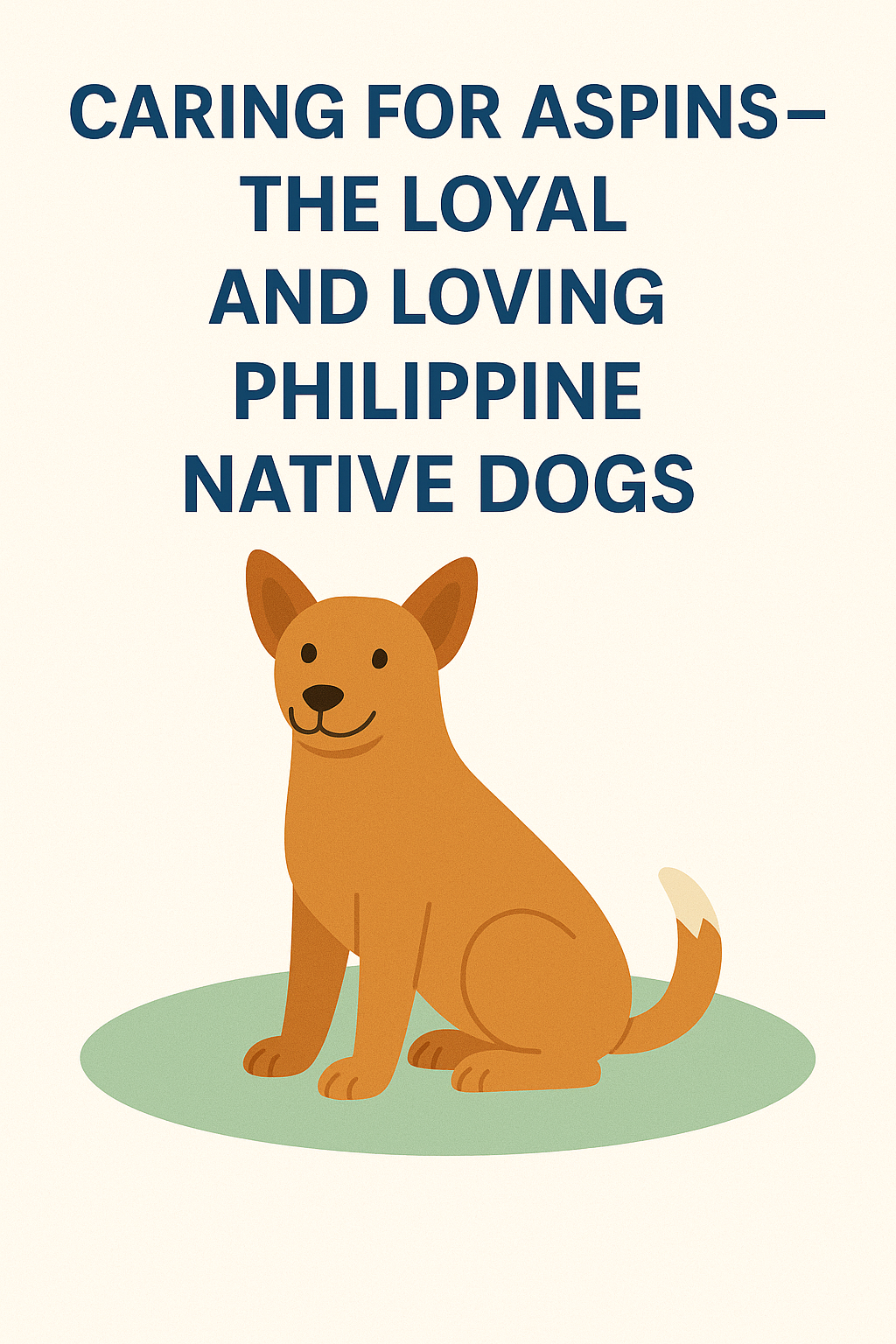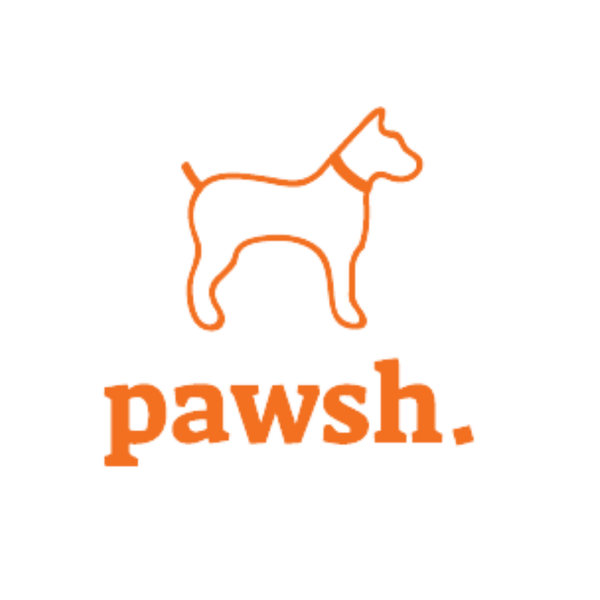
Caring for Aspins – The Loyal and Loving Philippine Native Dogs
Share
Introduction
“Aspin,” short for asong Pinoy, refers to mixed‑breed native dogs commonly seen throughout the Philippines. These dogs are known for their resilience, intelligence and unwavering loyalty. Caring for an Aspin is rewarding; with proper nutrition, training and love, they become wonderful family companions.
Understanding the Aspin
-
Heritage: Aspins typically come from generations of mixed ancestry. Their appearance varies widely, but they often have medium builds, short coats and expressive eyes.
-
Temperament: They are intelligent and adaptable. Many are excellent watchdogs and very affectionate with their families.
-
Health: Aspins generally have fewer inherited health issues compared to pure breeds, but they still require proper veterinary care.
Nutrition and Feeding
-
Provide balanced meals suitable for your dog’s age, size and activity level. High‑quality commercial dog food or a vet‑approved homemade diet works well.
-
Ensure constant access to clean water, especially during hot Philippine summers.
-
Avoid feeding table scraps that may contain harmful ingredients like onions, garlic or excessive fat.
Veterinary Care
-
Vaccinations: Keep vaccinations current (rabies, distemper, parvovirus, etc.) as recommended by your veterinarian.
-
Deworming and Parasite Control: Regularly check for and treat worms, ticks and fleas. Use veterinarian‑recommended preventives.
-
Spaying/Neutering: Consider spaying or neutering your Aspin to reduce roaming and prevent unwanted litters.
Training and Socialisation
-
Start training early using positive reinforcement such as treats and praise.
-
Teach basic commands like sit, stay, come and heel. Aspins are eager to learn and respond well when training is consistent.
-
Socialise your Aspin with other dogs and people to prevent behavioural issues. Dog parks or playgroups are excellent for socialisation.
Exercise and Enrichment
-
Aspins are active and enjoy daily walks, fetch games and mental stimulation. Exercise helps prevent obesity and destructive behaviour.
-
Provide toys and puzzles to keep their minds engaged. Puzzle feeders or snuffle mats offer mental challenges during meal times.
-
Consider agility or scent‑work activities to channel their energy productively.
Grooming
-
Most Aspins have short coats that require minimal grooming. Weekly brushing removes loose hair and keeps the coat shiny.
-
Bathe only when necessary using a gentle dog shampoo. Over‑bathing can dry out the skin.
-
Regularly trim nails, clean ears and brush teeth.
Creating a Safe Home Environment
-
Provide a comfortable sleeping area away from direct sun or rain. Elevated or memory foam beds keep dogs off the ground.
-
Ensure your yard or living area is secure to prevent wandering.
-
Use identification tags and microchips. Many Aspins end up as strays due to a lack of identification.
Celebrating Aspins
Adopting an Aspin supports animal welfare by giving a home to a dog that might otherwise roam the streets. Aspins reward their owners with unconditional love and loyalty. Celebrate your Aspin by sharing their stories on social media, joining local pet clubs and encouraging others to consider adopting these remarkable dogs.
Conclusion
Caring for an Aspin is a fulfilling experience. Provide nutritious food, preventive healthcare, training and plenty of affection. In return, your Aspin will become a loving and devoted companion. For durable collars, harnesses and toys designed for the unique needs of Philippine dogs, visit Pawsh and explore our selection of products that keep Aspins comfortable and safe.
